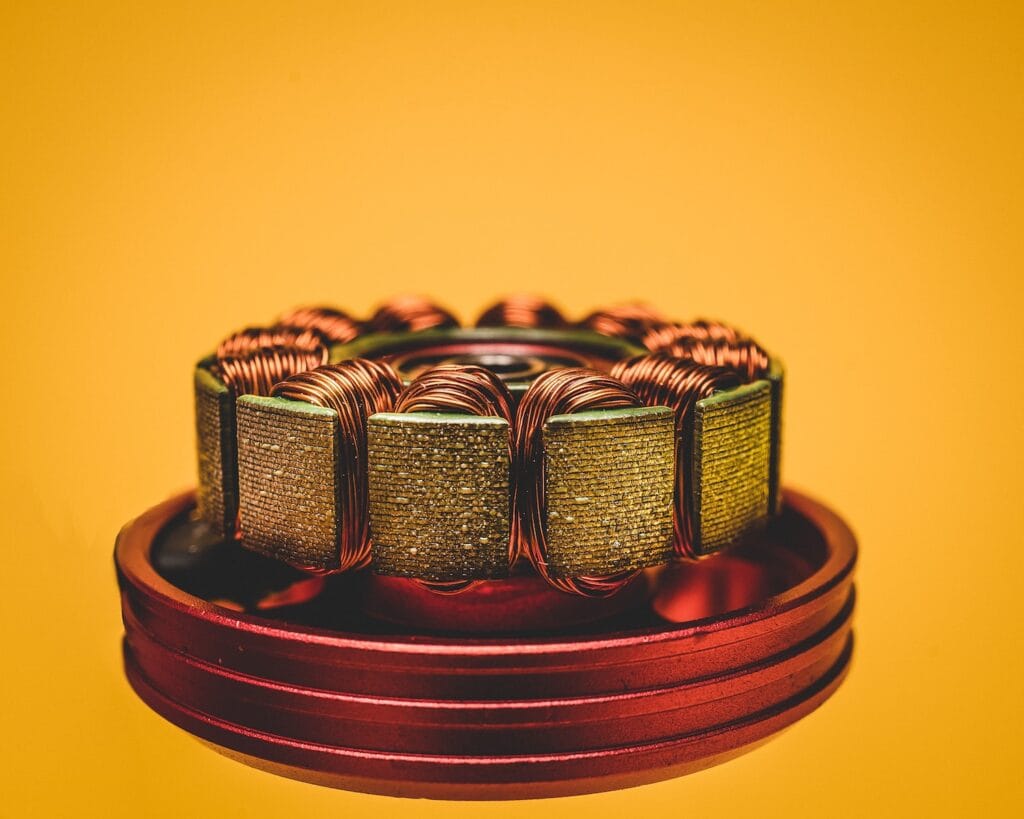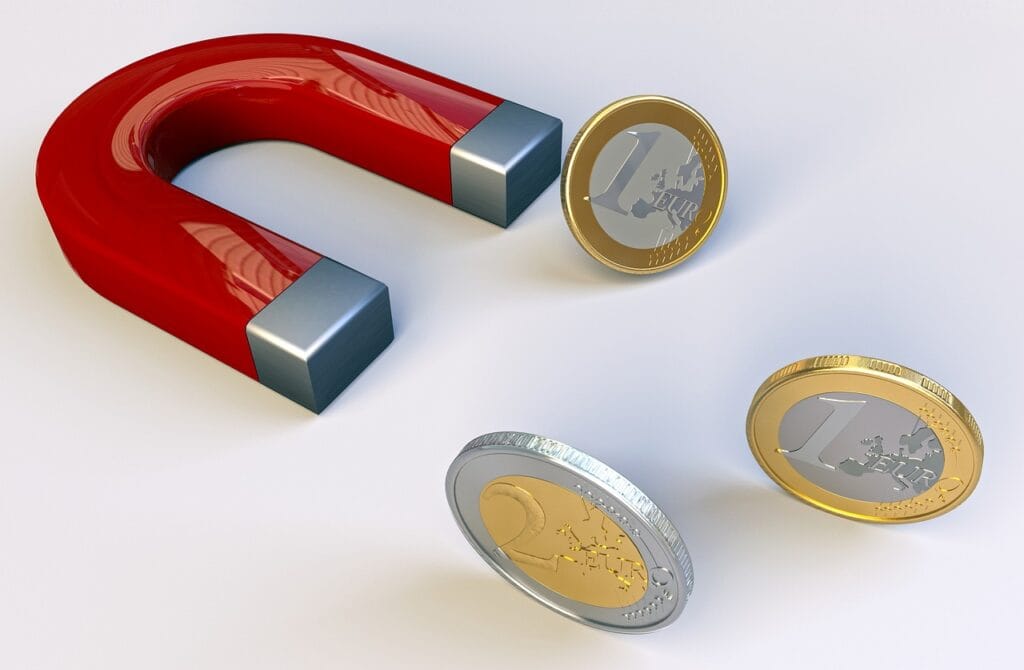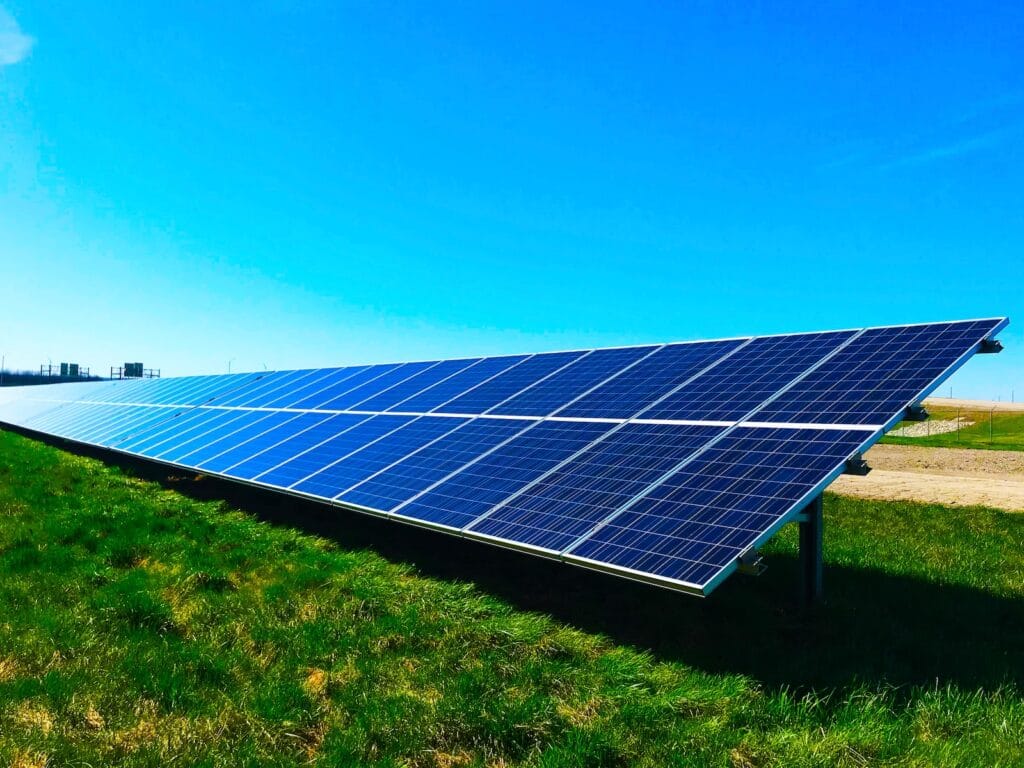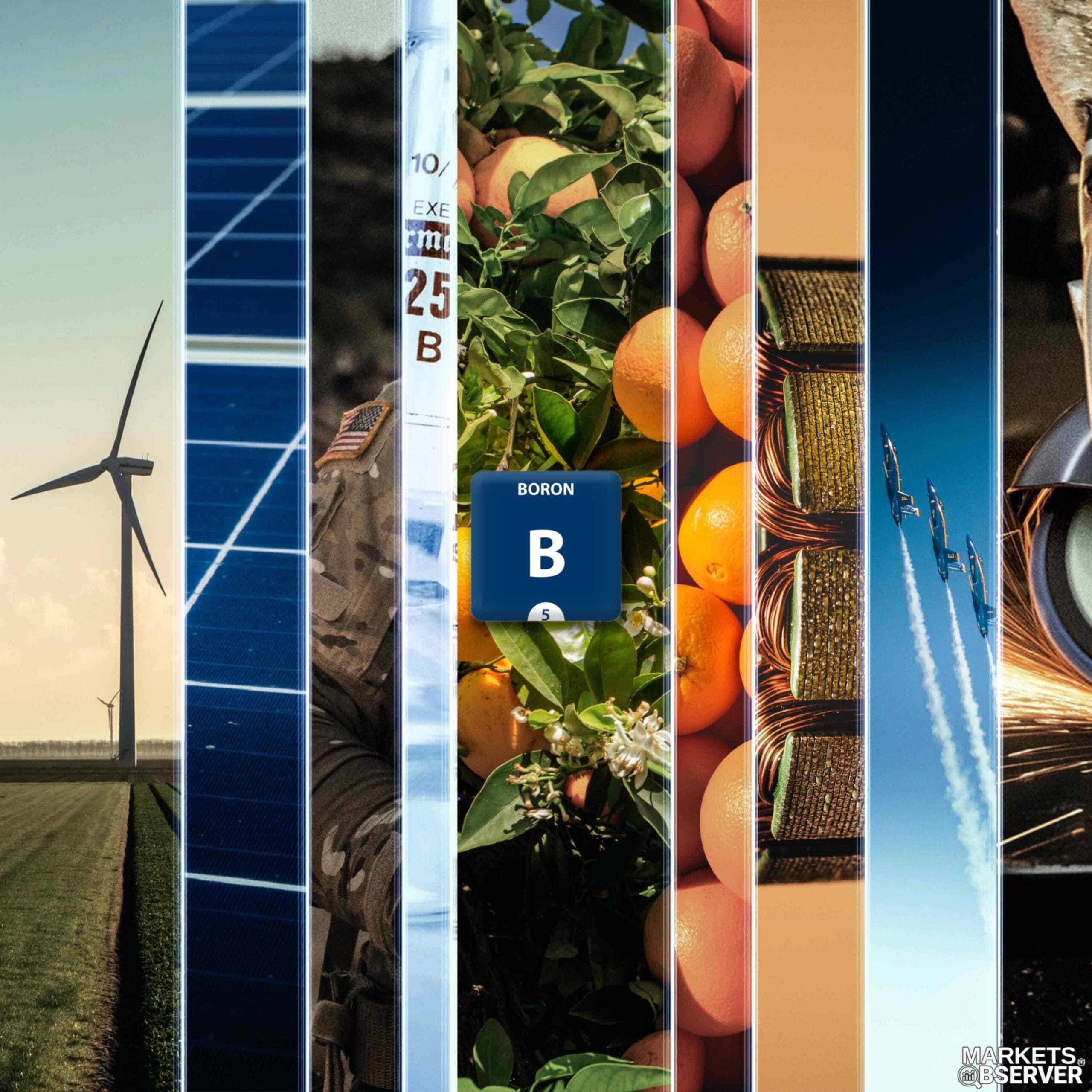- Boron is a chemical element with the symbol B and atomic number 5.
- As a metalloid, it has properties of both metals and nonmetals.
- Boron is hard and brittle, and it is a poor conductor of electricity.
- Found naturally in compounds such as borax and boric acid.
- Boron is used in a variety of industrial and commercial applications, such as in the production of glass and ceramics, as a hardening agent in steel and other alloys, and as a dopant in semiconductors.
- Used in agriculture as boron fertilizers.
- In medicine, Boron is used as a reagent in chemical analysis and in the treatment of certain types of cancer.
Boron is a relatively rare element, making up about 0.001% of the Earth’s crust. It is found in a variety of minerals, such as borax, colemanite, and kernite. The largest known deposits of boron are in Turkey, the United States, Russia, and Chile.
Boron is a chemical element with properties of both metals and nonmetals, and it is used in a variety of industrial and commercial applications. It is found naturally in compounds such as borax and boric acid, and is used in the production of glass, ceramics, and as a hardening agent in steel and other alloys.
In agriculture, it is used as a fertilizer to improve plant growth and development. In medical applications, it is used in the treatment of certain types of cancer and as a reagent in chemical analysis.
Neodymium-iron-boron (NdFeB) magnets, made by alloying neodymium, iron, and boron, are known for their high magnetic strength and resistance to demagnetization and have a wide range of applications including in electric vehicles, wind turbines, motors, generators, speakers, and headphones. Additionally,
Boron is also an important component of solar panel technology as it is used in the production of borosilicate glass, a type of glass that is known for its high strength, thermal stability, transparency and resistance to weathering.







Industry Uses for Boron
In industry, boron is used in the production of fiberglass, insulation materials, and enamels. It is also used as a hardening agent in steel and other alloys, which improves their strength and durability. In addition, boron is used as a dopant in semiconductors, which improves their electrical conductivity.
Cutting-edge Boron Research is poised to add even more uses for Boron in industry in near future with researchers recently presenting cubic boron arsenide as the best semiconductor material ever found.

Boron in Agriculture
In agriculture, boron is used as a fertilizer to improve the growth and health of plants. It is essential for the growth and development of many crops, including fruits, vegetables, and grains.
Boron in Medical Applications
Boron compounds have a wide range of medical uses. For example, boron compounds are used to treat certain types of cancer, such as prostate cancer. It is also used as a reagent in chemical analysis, as well as in the treatment of rheumatoid arthritis and osteoarthritis.
Boron for Nuclear Uses
Boron also has some potential uses in nuclear energy and in space exploration. Boron-10, a stable isotope of boron, is used as a neutron detector and in the control of nuclear reactions.
However, it should be noted that excessive exposure to boron can cause irritation to the skin, eyes, and respiratory tract. High levels of boron in drinking water can also be harmful.
Neodymium-iron-boron Magnets (NdFeB)
NdFeB magnets, also known as neodymium-iron-boron magnets, are a type of rare earth magnets that are known for their high magnetic strength and high resistance to demagnetization. They are made by alloying neodymium, iron, and boron together to form a hard and brittle material.
NdFeB magnets have a very high energy product, meaning that they can generate a very strong magnetic field for their size. This makes them ideal for use in a wide range of applications, such as motors, generators, speakers, headphones and many other electronic devices.
One of the characteristics that makes NdFeB magnets so useful is their ability to retain their magnetic properties over a wide temperature range. This makes them suitable for use in high-temperature environments, such as in the aerospace and automotive industries. However, NdFeB magnets are also brittle and can be easily damaged if not handled properly, thus require special care when handling them.
EVs
In electric vehicles, NdFeB magnets are used in the electric motors that power the wheels.
These magnets allow for the creation of a strong magnetic field, which helps to efficiently convert electrical energy into mechanical energy. The high energy product of NdFeB magnets allows for smaller and lighter electric motors which reduces the overall weight of the vehicle and improves its efficiency.
Wind Turbines
In wind turbines, NdFeB magnets are used in the generators that convert the mechanical energy from the turbine’s rotation into electrical energy. The strong magnetic field generated by the NdFeB magnets helps to efficiently convert this energy, which increases the overall efficiency of the turbine.
Additionally, the high resistance to demagnetization of NdFeB magnets means that the generator will retain its efficiency over a longer period of time.
Boron forms part of Solar Panel Cover Glass (Borosilicate Glass)
Borosilicate glass is a type of glass that is commonly used in solar panel technology. It is known for its high strength and thermal stability, which makes it well-suited for use in solar panels. The glass is made by adding boron, a chemical element, to the silicate material during the manufacturing process. This creates a material that is highly resistant to thermal expansion and contraction, which is important for use in solar panels.

Borosilicate glass is also highly transparent, which allows for maximum light transmission through the solar panel. This improves the efficiency of the solar panel, as more light is able to reach the solar cells. Additionally, borosilicate glass is highly resistant to weathering, which makes it a durable choice for use in solar panels.
In summary, Borosilicate glass is an ideal choice for use in solar panel technology because of its high strength, thermal stability, transparency and resistance to weathering. This makes it a suitable material for solar panel covers which protects the solar cells and allows most of the light to pass through.



